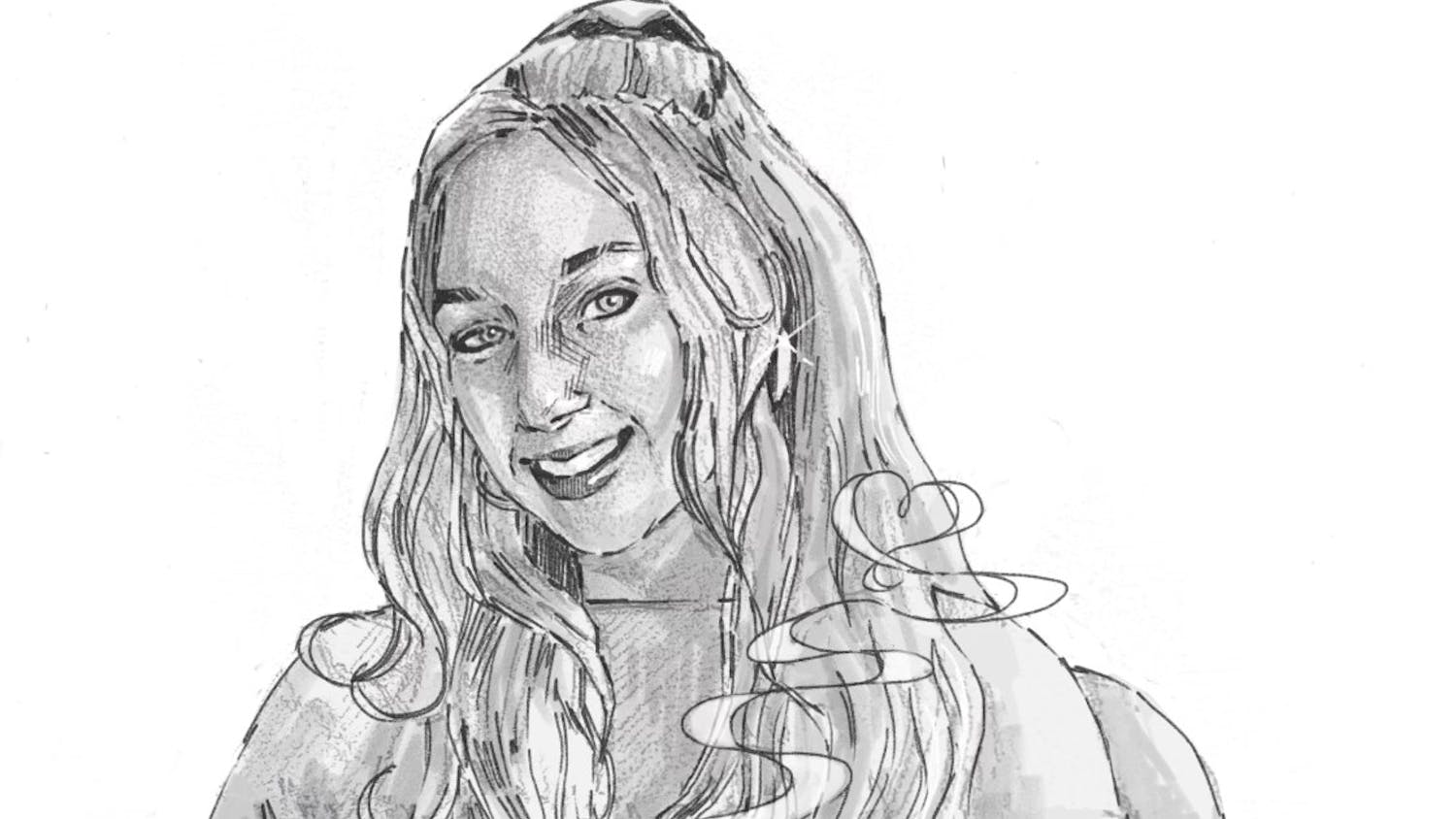In retrospect - and it will only become clearer in the coming weeks as crews begin pulling bodies from the fetid, toxic waters still flooding the streets of New Orleans - Hurricane Katrina will be considered one of the most devastating natural disasters in the history of the United States.
It was a humanitarian crisis that, for the most part, seemed to go unnoticed - not only by people unaffected (save for gas prices) by the storm, but also by the federal government, most especially our fearless leader George W. Bush.
It remains a crisis that highlights the plight of the poor in this country, people who are increasingly pushed to the fringes of our society, marginalized and ignored.
According to statistics from the U.S. Census Bureau, almost 25 percent of the residents of New Orleans live below the poverty line - compared to a national average that is nearly ten percent lower. It is also a city that is nearly 70 percent black.
It is a city that relied almost exclusively on personal transportation for evacuation before the storm struck. For the majority of that 25 percent, personal transportation was not an option. Without cars, or simply too poor to make the long trip to a safe location, they were stranded in a city that, lying mostly below sea level, could provide little to no protection from the category four storm.
In the wake of a flood in 1995 that killed six people in New Orleans, Congress passed the Southeast Louisiana Urban Flood Control Project, a program designed to beef up the levees and create pumping stations under the auspices of the Army Corps of Engineers.
However, as Bush took office, funding for the program was slashed with more money being siphoned into the war in Iraq, a fact which the Corps did not try to hide.
As the levees failed, officials seemed content to adopt a policy of "every person for themselves." The task of establishing any sort of framework for relief efforts, for evacuating refugees, for bringing in supplies, seemed entirely beyond anyone's capacity.
With the local and state infrastructures decimated, days worth of bureaucratic red tape had to be cut through before a coordinated federal response could be mustered - this despite the creation of the Department of Homeland Security under whose enormous umbrella the Federal Emergency Management Agency now sits.
We suppose it never occurred to this administration that "homeland security" constitutes more than simply security from the threat of terrorism.
What did not take long, however, was for the president to meet with his economic advisors, chiefly Federal Reserve Board Alan Greenspan, to make the decision to tap into the nation's strategic oil reserve in the wake of eight Gulf Coast refineries being rendered inoperative by the storm.
This attitude of money first, humanity second, was made even more obvious by remarks made Thursday afternoon by House Speaker Dennis Hastert who said it didn't "make sense" for tax dollars to be spent rebuilding New Orleans: "It looks like a lot of that place could be bulldozed."
We encourage Mr. Hastert to tell that directly to the 100,000-plus refugees who were stranded in New Orleans in the wake of the storm, whose homes were swept out from under them, who have spent the last week and a half wandering the city in a daze, starving and thirsty and dirty, wading through water polluted by human waste while the federal government stammered to respond.
And now, staging stern press conferences in the Rose Garden - a stark change from one held on Friday after touring the devastated areas in which he joked, thoughtlessly, about enjoying himself "occassionally too much" in New Orleans as a youth - the president seems more concerned about saving face than he does about providing relief.
We guess it goes to show you what matters in this country: capital. Political or monetary. Not humanity.






